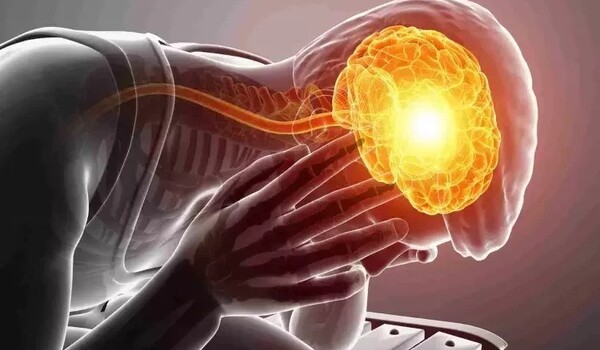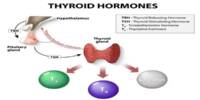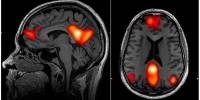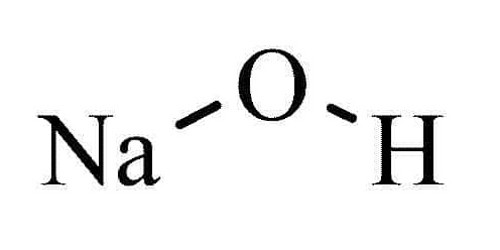A drug called ubrogepant, when taken at the first signs of a migraine, before headache pain begins, may be effective in helping people with migraines go about their daily lives with little or no symptoms, according to a new study published in the online issue of Neurology®, the medical journal of the American Academy of Neurology. The study focused on migraine sufferers who could predict an impending attack based on early symptoms such as sensitivity to light and sound, exhaustion, neck discomfort or stiffness, or dizziness.
Ubrogepant is a calcitonin gene-related peptide receptor antagonist (CGRP inhibitor). CGRP is a protein that plays an important role in migraine development.
“Migraine is one of the most prevalent diseases worldwide, yet so many people who suffer from this condition do not receive treatment or report that they are not satisfied with their treatment,” said study author Richard B. Lipton, MD, of Albert Einstein College of Medicine in Bronx, New York, and Fellow of the American Academy of Neurology. “Improving care at the first signs of migraine, even before headache pain begins, can be a key to improved outcomes. Our findings are encouraging, suggesting that ubrogepant may help people with migraine function normally and go about their day.”
Improving care at the first signs of migraine, even before headache pain begins, can be a key to improved outcomes. Our findings are encouraging, suggesting that ubrogepant may help people with migraine function normally and go about their day.
Richard B. Lipton
The study included 518 people who had migraines for at least a year and experienced two to eight migraine attacks each month in the three months preceding the study. All of the individuals reported experiencing signs that a migraine might begin within the next few hours. Participants were instructed to treat two attacks over a two-month period.
Researchers separated the volunteers into two groups. The first group was given a placebo for their first set of pre-headache migraine symptoms, followed by 100 milligrams (mg) of ubrogepant for their second set of symptoms. The second group received ubrogepant for the first occasion and a placebo for the second.
Participants evaluated limitations on their activity in their diary using a scale ranging from zero to five, with 0 meaning “not at all limited — I could do everything”; 1, “a little limited”; 2, “somewhat limited”; 3, “very limited”; or 4, “extremely limited.”

Twenty-four hours after taking the drug or a placebo, 65% of people who took ubrogepant reported themselves as “not at all limited — I could do everything,” or “a little limited,” compared to 48% of those who took the placebo.
Researchers found that as early as two hours post-medication, people who took the drug were 73% more likely to report that they had “no disability, able to function normally,” than those who took the placebo.
“Based on our findings, treatment with ubrogepant may allow people with migraine who experience early warning signs before a migraine occurs to quickly treat migraine attacks in their earliest stages and go about their daily lives with little discomfort and disruption,” according to Lipton. “This could lead to an improved quality of life for those living with migraine.”
According to Lipton, participants were able to predict impending migraine headaches based on headache warning signs. These findings are only applicable to persons who have credible warning symptoms.
The study’s drawback was that participants recorded their symptoms and medication use in electronic diaries, thus some persons may not have captured all of the information accurately.
















